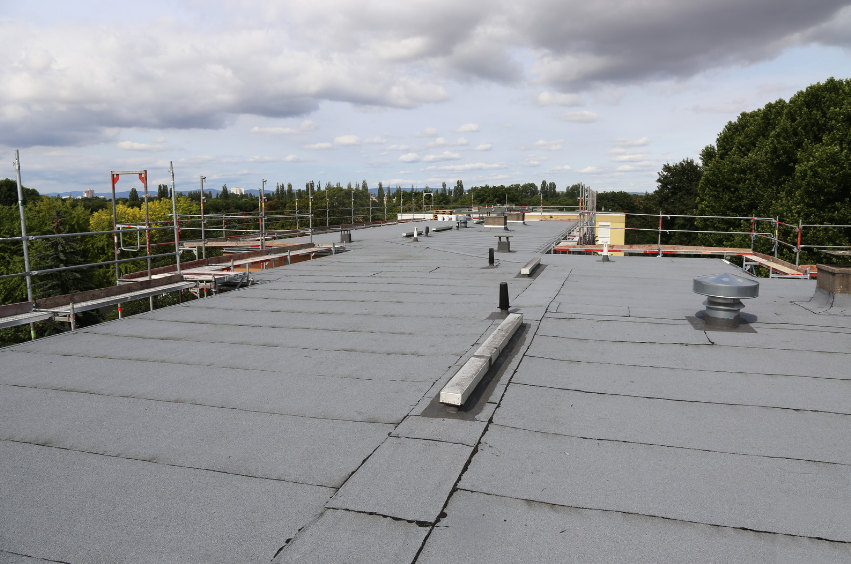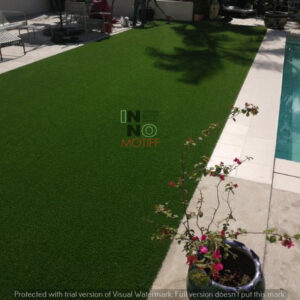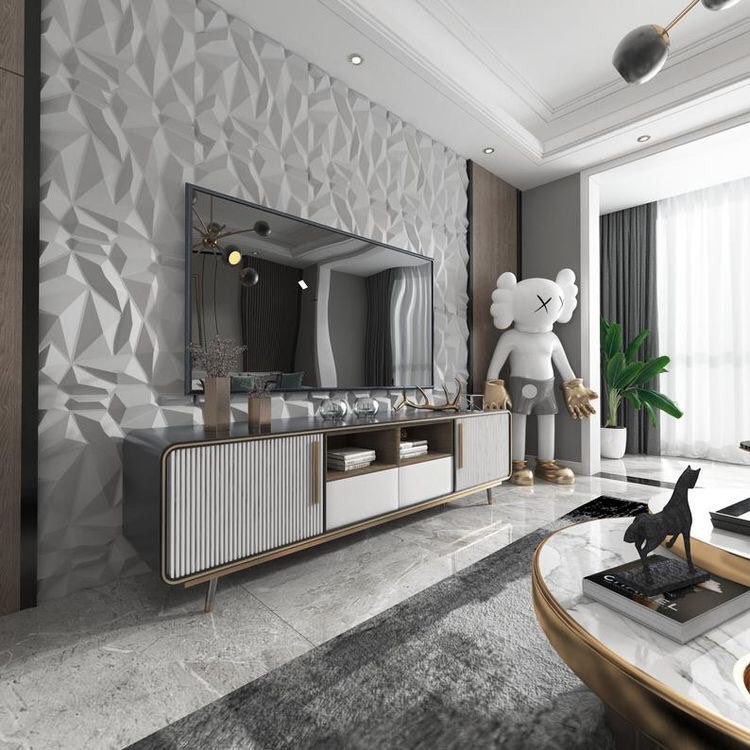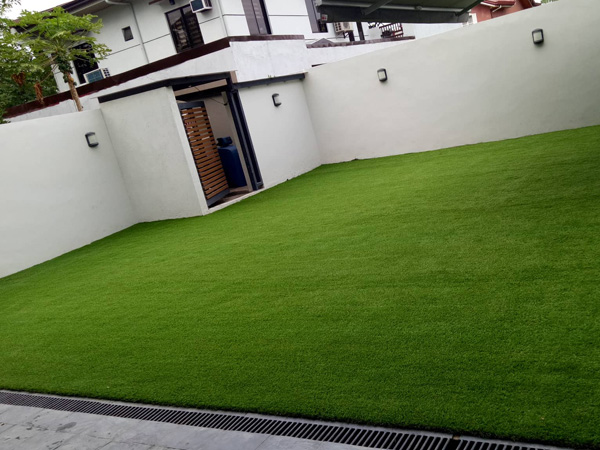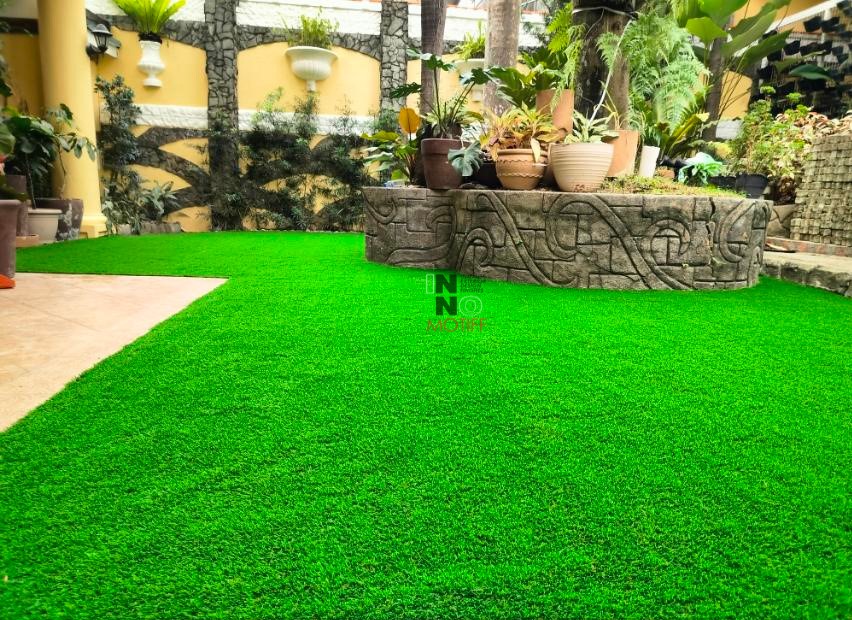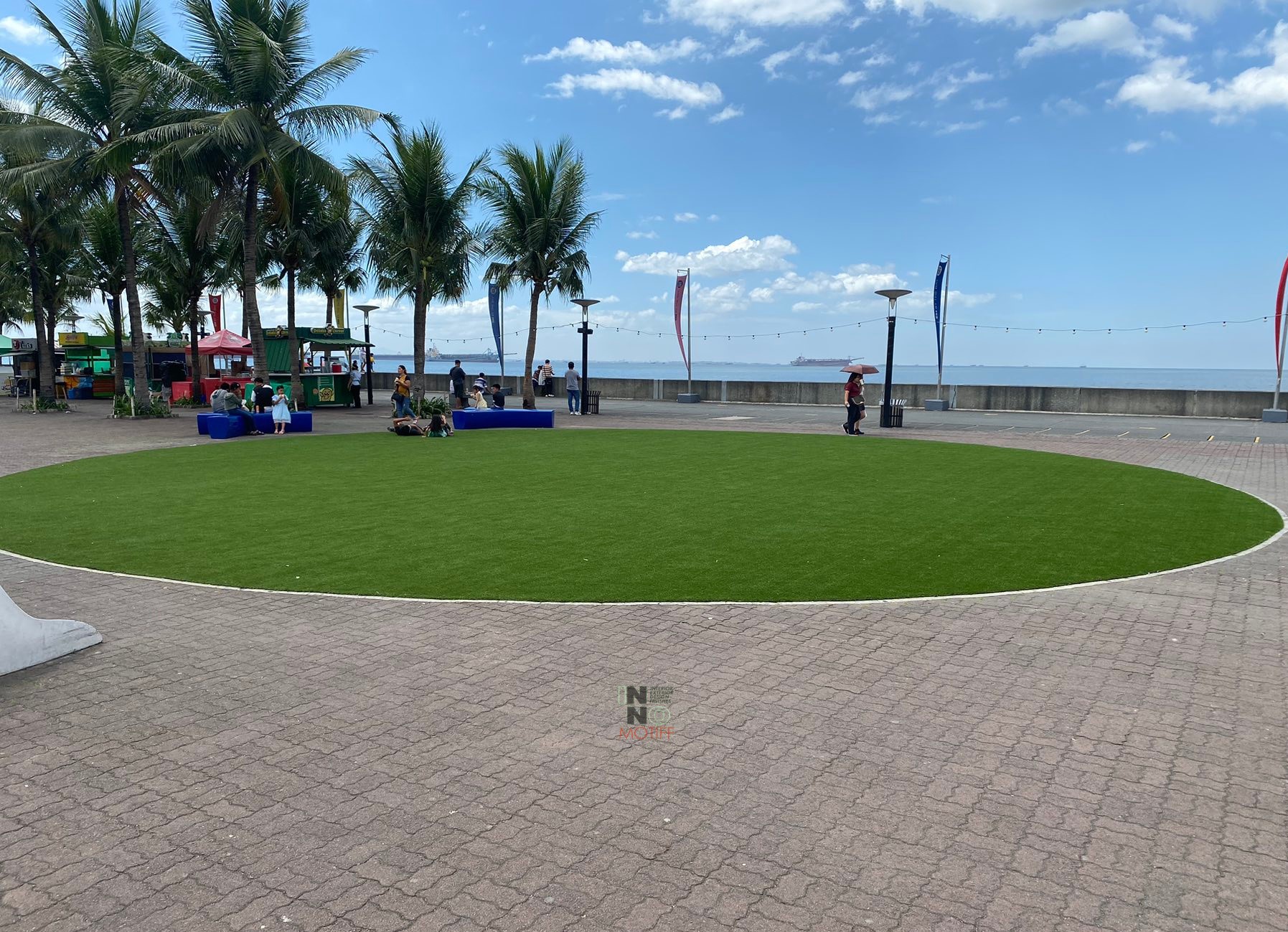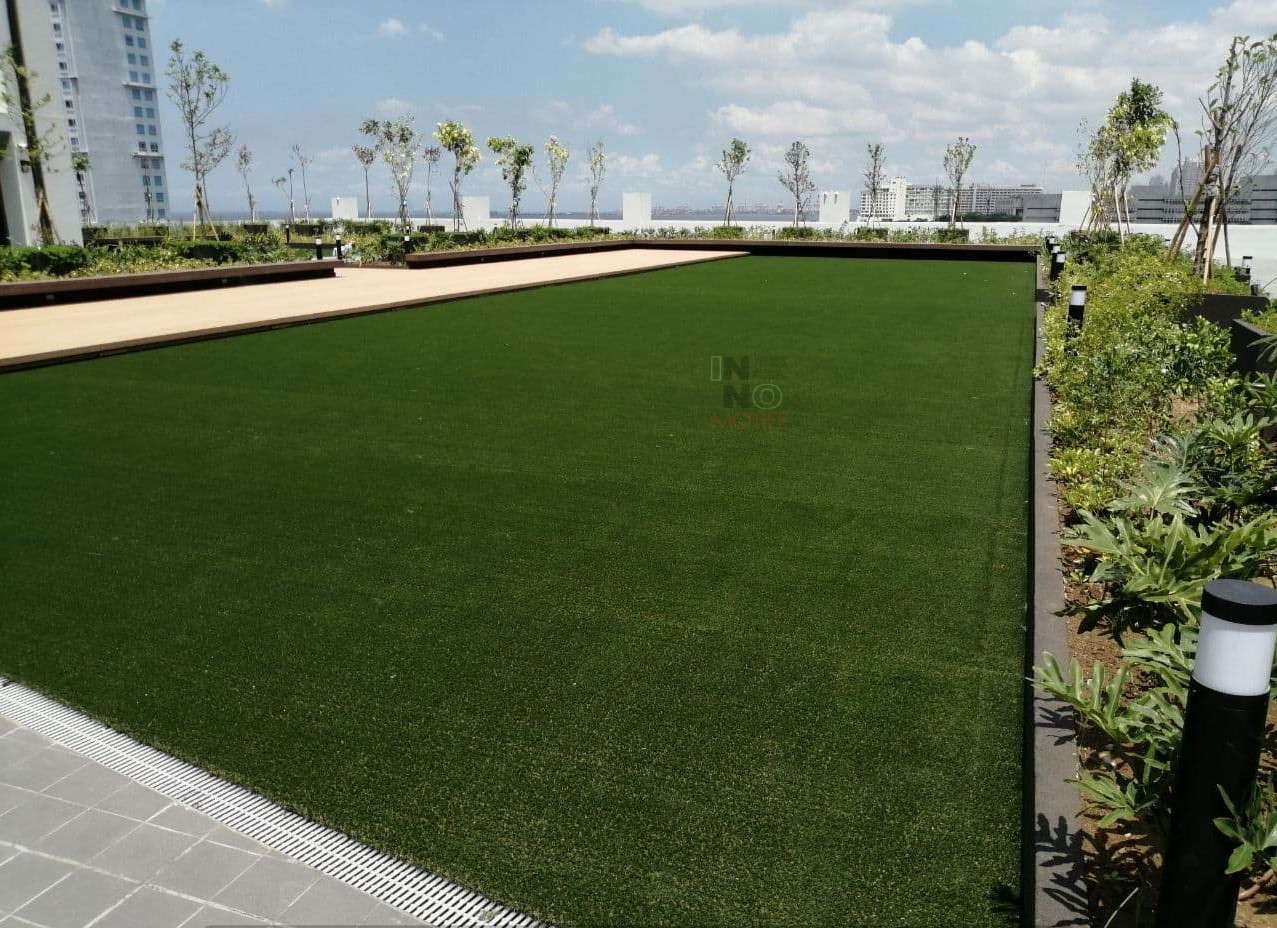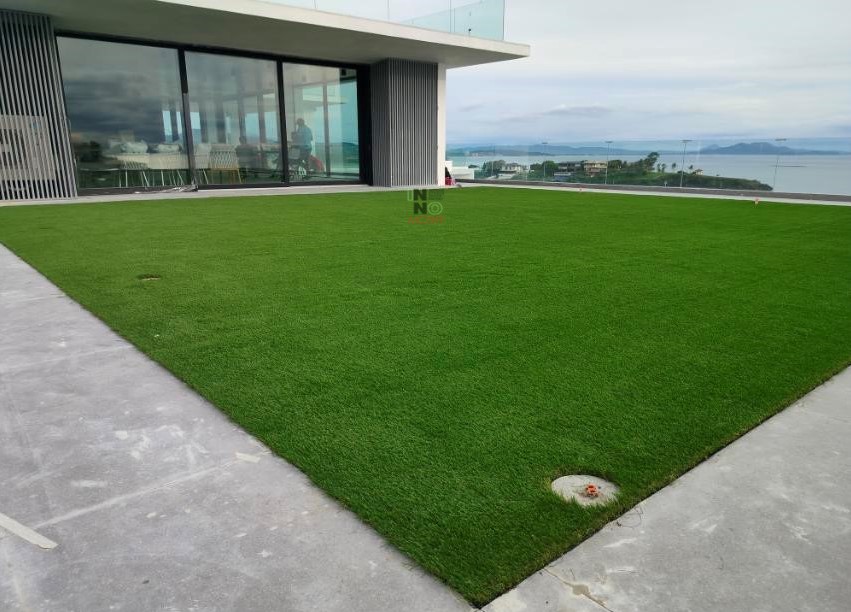Waterproofing is crucial for maintaining the integrity of warehouses in Singapore. Given the country’s tropical climate and high rainfall, ensuring your warehouse is properly waterproofed can prevent costly damage and protect stored goods. This blog will explore the essential waterproofing techniques tailored for Singapore’s unique environmental challenges.
Understanding the Need for Warehouse Waterproofing
Singapore’s tropical climate, characterized by heavy rainfall and high humidity, makes waterproofing a necessity for warehouses. Without effective waterproofing, warehouses are susceptible to water damage, which can compromise the building’s structure and the safety of stored items. Investing in robust waterproofing solutions ensures the longevity of the warehouse and minimizes potential losses from water-related issues.
Common Waterproofing Issues in Warehouses
Warehouses in Singapore often face several waterproofing challenges. Leaks and seepage through walls and roofs are common problems that can lead to significant damage. Rising dampness from the ground can also affect the warehouse foundation. Additionally, condensation issues can create a moist environment that promotes mold growth. Addressing these waterproofing issues is essential for maintaining a safe and dry warehouse environment.
Essential Waterproofing Techniques
Roof waterproofing is vital for protecting warehouses from rainwater infiltration. Common roof waterproofing materials include bituminous membranes, liquid coatings, and sheet membranes. To ensure effective roof waterproofing, it is important to follow proper installation steps and conduct regular maintenance and inspections. This proactive approach helps in identifying and rectifying any potential waterproofing issues before they escalate.
Waterproofing the walls of a warehouse is equally important to prevent leaks and moisture intrusion. Both external and internal wall waterproofing methods can be employed. Using sealants, coatings, and water-resistant paints are effective ways to enhance wall waterproofing. Additionally, addressing cracks and joints in the walls is crucial to maintaining a watertight barrier.
Floor waterproofing is essential to prevent water from seeping into the warehouse from the ground. Various waterproofing methods, such as epoxy coatings, polyurethane systems, and cementitious waterproofing, can be applied to warehouse floors. Proper surface preparation before applying waterproofing solutions is necessary to ensure optimal adhesion and effectiveness. Regular maintenance of the waterproofed floors helps in prolonging their durability.
Advanced Waterproofing Solutions
Drainage Systems
Proper drainage is a critical component of comprehensive waterproofing. Effective drainage systems prevent water accumulation around the warehouse, reducing the risk of water ingress. Different types of drainage systems, such as French drains and sump pumps, are suitable for warehouses. Installing and maintaining these systems is key to ensuring effective waterproofing.
Waterproofing Additives
Incorporating waterproofing additives into construction materials enhances their water resistance. Chemical additives can be mixed with concrete, mortar, or plaster to improve their waterproofing properties. These additives provide an extra layer of protection against water damage, making them a valuable addition to any waterproofing strategy.
Smart Waterproofing Technologies
Modern waterproofing technologies offer innovative solutions for warehouse protection. Self-healing concrete and smart sensors for leak detection are examples of advanced waterproofing technologies. These technologies provide continuous monitoring and maintenance, ensuring that waterproofing measures are effective and long-lasting.
Choosing the Right Waterproofing Contractor
Selecting a reliable waterproofing contractor in Singapore is crucial for the success of your waterproofing project. Key factors to consider include the contractor’s experience, certifications, and customer reviews. Asking potential contractors about their previous projects and waterproofing techniques helps in making an informed decision. A competent waterproofing contractor will ensure that the waterproofing solutions are tailored to meet the specific needs of your warehouse.
Takeaway
Implementing essential waterproofing techniques is vital for maintaining the structural integrity and functionality of warehouses in Singapore. By focusing on roof, wall, and floor waterproofing, and considering advanced solutions like drainage systems and smart technologies, you can protect your warehouse from water damage. Proactive waterproofing measures not only safeguard your assets but also enhance the longevity of your warehouse.

